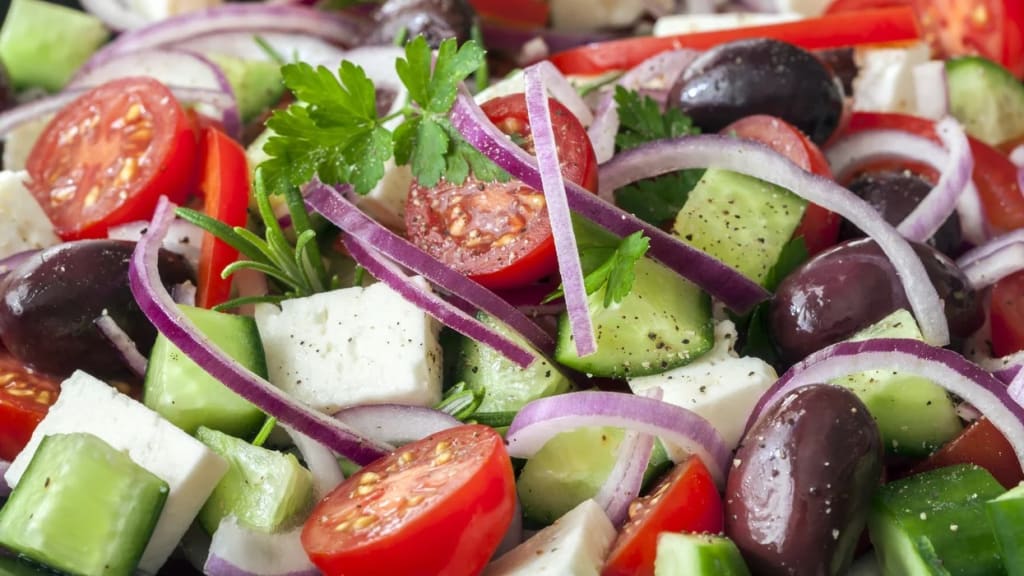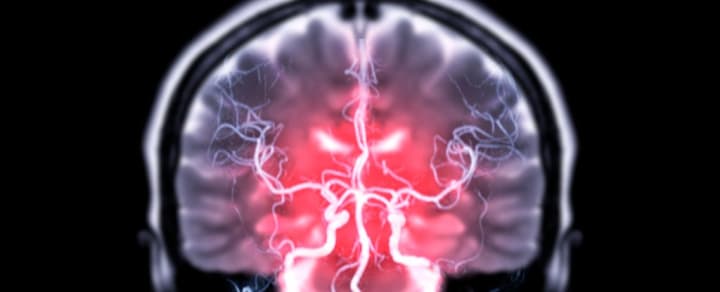A recent study found that patients who lost weight saw a reduction in the rate of brain ageing of up to nine months.
Popular diets "de-age" brains

Making the switch to a diet that is high in fresh vegetables and low in processed foods might do wonders for the biological age of your brain,
Eating a Mediterranean diet that is high in vegetables, seafood, and whole grains – or even simply according to dietary standards – seems to prevent the indications of accelerated brain ageing that are generally found in obesity with as little as a 1 percent drop in body weight. This is the case even though the Mediterranean diet is rich in vegetables, seafood, and whole grains.
When compared to estimations of the participants' chronological ages, brain scans that were performed after 18 months revealed that the individuals' brain ages seemed to be nearly nine months younger than predicted.
You could not feel as old as the years you've lived, or maybe your body might feel like it's ageing quicker than you are — this is the gap between your biological age and your chronological age. The participants in the clinical experiment also experienced this phenomenon.
In any case, research reveals that the biological age of your body is far more than just how old you feel: According to the findings of this research, signs of biological ageing may be discovered sprinkled down the length of your DNA, engraved into the ends of your chromosomes, or in the gradual weakening of connections inside your brain.

The findings of this new study imply that modifying your diet may be one of the easiest ways to improve your physical condition, regardless of your age. This is in contrast to the findings of a growing body of research that implies that biological ageing brought on by stressful events may be reversible.
The 102 people who took part in the study were all a part of a broader clinical trial that was being carried out at a single location in Israel. The researchers were able to get brain images from all of these people. In addition to a battery of tests assessing liver function, cholesterol levels, and body weight, brain scans were performed twice: once before the study started, and once after it had been ongoing for a period of 18 months.
Each group followed one of these three diets: a Mediterranean diet with plenty of nuts, fish, and chicken instead of red meat; a Mediterranean diet with a few additional extras such as green tea for the polyphenols; or a diet based on good dietary standards.
An algorithm that had been trained using brain scans from a different cohort of roughly 300 individuals was used to generate estimates of the age of the brain. The model was able to reliably predict age based on measurements of brain connectivity.
Participants in the experiment shed around 5.3 pounds, or 2.3 kilogrammes, on average. The researchers discovered that the subjects' brains looked approximately nine months younger than their chronological age for every one percent of body weight that was dropped as a result of adhering to a predetermined diet or other health recommendations.
It is still a major mystery whether changes in the connection of the brain truly translate to advances in the function of the brain. A new assessment suggests that the Mediterranean diet may have a beneficial impact on memory in older individuals. Despite this, the brain is a complex network of flexible connections that we are only just starting to map out.
Signs of delayed brain ageing were also related with lower levels of liver fat and a better lipid profile; however, these changes may be superficial or temporary.
"Our study highlights the importance of a healthy lifestyle, including lower consumption of processed food, sweets, and beverages, in maintaining brain health, "Our study highlights the importance of a healthy lifestyle in maintaining brain health."
That may be good advice, however despite the fact that these data come from a scientific experiment in which individuals were randomly "prescribed" a diet to follow, there are a few additional limitations that should be considered.
The majority of the participants were males, and they responded to online questionnaires about their eating and lifestyle habits. This means that the findings may be affected by what the individuals could remember or decided to report about their habits.
Not only was the participants' activity level at work taken into consideration, but as part of the test they also got a free membership to a local gym. This indicates that physical activity had a role in the results as well.
In addition, previous study has shed light on the cellular processes that are affected by the healthy fats that are part of a Mediterranean diet. However, it has also brought to light glaring inequalities in terms of who is able to gain the health advantages of a diet that is abundant in Mediterranean staples.
In spite of the fact that individuals with higher incomes adhered to the diet in the same manner as those with lower incomes, those with better paying jobs and higher levels of education who had the financial means to purchase large quantities of fish and whole grains observed bigger improvements in their cardiovascular health.
About the Creator
Jacob Damian
Whether you're looking to learn something new, explore different perspectives, or simply satisfy your curiosity, I can offer you insights and perspectives that you may not have considered before. With my ability to process and analyse.






Comments
There are no comments for this story
Be the first to respond and start the conversation.